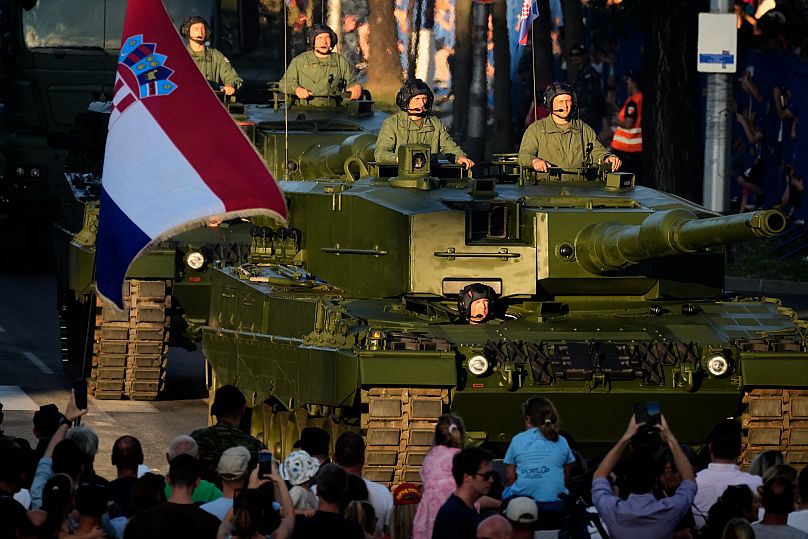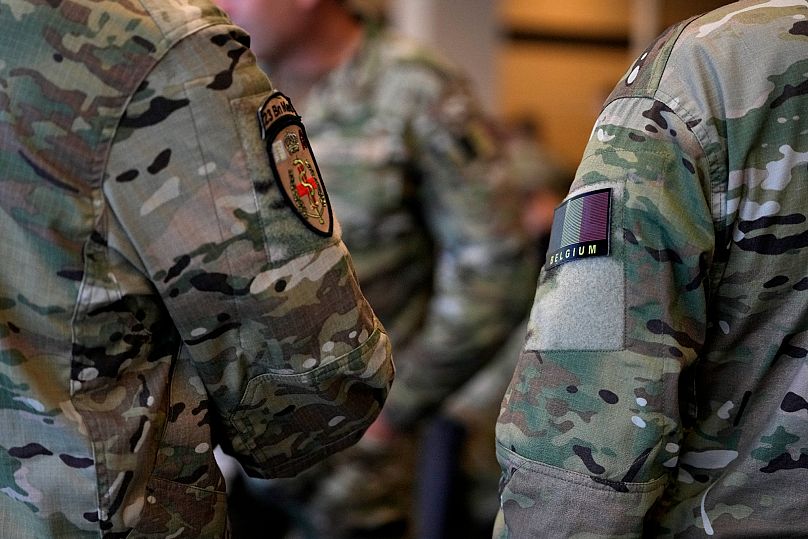Croatia's Defence Ministry said the aim is to teach young people basic skills and knowledge that are "needed in crisis situations, so they would contribute to national security."
Croatia's parliament voted to reintroduce compulsory military service on Friday against a backdrop of heightened tensions in Europe following Russia's full-scale invasion of Ukraine.
Lawmakers approved legal changes in a 84-11 vote and with 30 abstentions in the 151-member parliament.
The army service will last two months and provide "basic military training," public broadcaster HRT said.
This decision marks a return to conscription, which was suspended in 2008 when the country shifted to a volunteer system.
Croatia's Defence Ministry said the aim is to teach young people basic skills and knowledge that are "needed in crisis situations, so they would contribute to national security."
Authorities will start calling conscripts born in 2007 for medical checkups by the end of the year.
Conscripts will receive a salary, and conscientious objectors can choose civilian service instead, the HRT report said.
Croatia has been boosting its armed forces at a time when many European countries are currently discussing or reforming their military service policies.
Rethinking conscription
In the wake of Russia's full-scale invasion of Ukraine, the debate over compulsory military service has resurfaced across the continent, with many countries reconsidering whether conscription could bolster their national security.
In 2015, Lithuania partially reintroduced it and Norway became the first European country to introduce compulsory military service for women.
Two years later, Sweden reimposed the draft. France began trailing its newly-reintroduced national service, known as the SNU, in 2019.
In January, French President Emmanuel Macron urged young volunteers to "reinforce" army ranks in an address to French military personnel.
While in April, Belgium's Minister of Defence, Theo Francken, said he wanted to increase the number of the country's reservists from around 6,600 to 20,000 and to do so hoped to recruit young people to voluntary military service.
That follows a similar initiative recently announced in the Netherlands.
And in August, Germany's government approved a bill proposing a new law aimed at promoting voluntary recruitment.
"A strong army - in terms of personnel and equipment - is the most effective means of preventing wars," Defence Minister Boris Pistorious explained.













